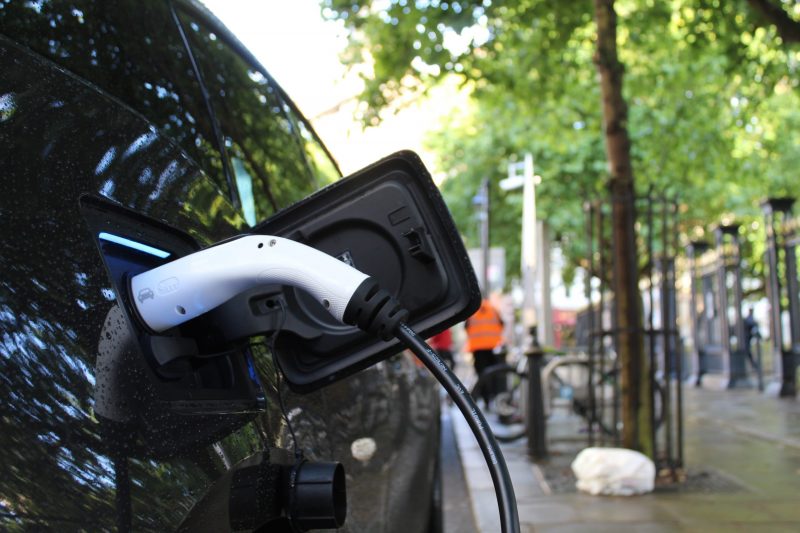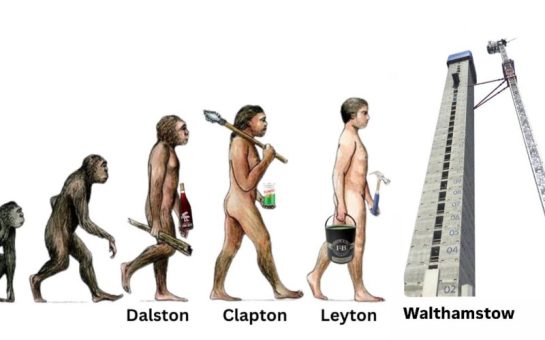The UK Electric Vehicle Owners Club says road tax on electric cars will not prevent the electric vehicle transition after the Chancellor announced they will be subject to vehicle excise duty (VED) from April 2025.
The announcement comes as part of the Autumn Statement unveiled by Chancellor Jeremy Hunt, where he insisted the measures were to help the UK weather a “storm” amid economic uncertainty.
Gary Cambridge, founder of the UK Electric Vehicle Owners Club, said: “We are British, so of course we are going to have a moan, but it will not ultimately slow down the transition to electric vehicles.
“It will put some people off, but most cars pay road tax, so if you need a car, you need a car.
“There’s still benefits and potential, and if we relaxed planning laws and allowed solar panels on the top of parking canopies, we could be driving for free for nine months of the year.”
London is the second largest region for electric cars in England, with the number registered in London increasing by 47% to over 136,000 between the second quarters of 2021 and 2022.
However, there are stark differences across the number of electric vehicles owned by borough, with Barnet having almost 10,000 electric vehicles registered, compared to Barking and Dagenham which had just over 2,054 electric vehicles registered.
The increase in new electric vehicles comes as the sale of new petrol and diesel cars will be banned in the UK from 2030, with some hybrid cars being allowed to be sold until 2035.
Nicholas Lyes, RAC head of policy, said: “After many years of paying no car tax at all, it’s probably fair the Government gets owners of electric vehicles to start contributing to the upkeep of major roads from 2025.
“Vehicle excise duty rates are unlikely to be a defining reason for vehicle choice, so we don’t expect this tax change to have much of an effect on dampening the demand for electric vehicles given the many other cost benefits of running one.”





Join the discussion